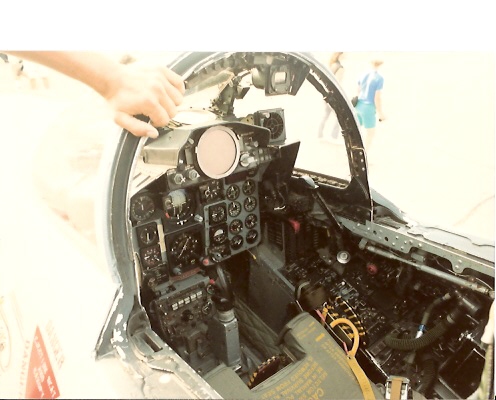


The West End Stage was represented by the music of Andrew Lloyd Webber. Heather, who has recently relinquished her position in the police force to enter full-time service with The Salvation Army, used the story of a young girl buying back a boat she had made but lost, to illustrate the Easter Message with reference to John 3:16. This was followed by a full-throated rendition of “Cwm Rhondda”, accompanied by the piano to allow the bandsmen to join in the singing, before Heather Sheldon shared some thoughts from scripture. As always this item went down very well with the capacity audience. The timbrels’ first half display was to Arthur Gullidge’s lilting 6/8 march “Emblem of the Army”, taken at a cracking pace but kept well under control by the Bandmaster. From the initial ascending scales against the band’s fortepiano chords through the smooth rendition of “Sunshine” in the central section, and on to the final top note, Bram demonstrated consummate control over the instrument and a warm, rich tone. This lively solo calls for considerable agility from the soloist, as well as exploiting the upper register in particular. The band’s featured soloist for the evening was euphonium player Bram Chestney, playing Chris Mallett’s “Travelling along”. With the assistance of masks they flirted with him outrageously, and he ended up as red as the tunics of the bandsmen seated behind him! For their third item, they commandeered Hadleigh Bandmaster Ken Hillson, press-ganging him into playing the role of Count Eisenstein in “Die Fledermaus” as they presented the “Laughing Song”. Singing in French, the interchange between the parts was very effective, and typified the slick presentation of the group. They followed this with an extract from “The Maids of Cadiz”, by Delibes. The Spanish feel was enhanced by the contribution of Anthony Sommerville, initially on tambourine before switching seamlessly to side drum. Trillogy’s contributions were predominantly from the world of opera, commencing with “Love is where you find it”, from “The Kissing bandit” by Nacio. Anthony Sommerville’s sensitive playing of the euphonium solo in the former was one of the high points of the evening, whilst the band generated a real sense of excitement in the latter.

The band continued with the second part of Bramwell Coles’ arrangement “Treasures from Tchaikovsky”, which features the slow movement from his “Symphony No 4” and the march from the 3rd movement of “Symphony No 6, the Pathetique”. The programme commenced with the march “Britannia”, written by Canadian Salvationist Kenneth Smith, but featuring a number of familiar patriotic melodies including the prominent use of “God bless the Prince of Wales”, particularly fitting for a concert taking place on St David’s Day! There was some fine work by Keith Johnston on cornet and from the band’s five-strong trombone section, although there was a tendency for the band to rush a little. Supporting the band were Hadleigh Temple Timbrel Brigade, led by Irene Ivory, and popular vocal trio Trillogy, consisting of Vanessa Cozens, Hilary Pell and Colleen Elvidge, ably accompanied by Andrew Palmer at the piano, with Hadleigh bandsman Anthony Sommerville assisting on percussion. The occasion had additional significance in that the current Mayor, Councillor Beverley Egan, holds the position of Director of Social Services for The Salvation Army in the London North East Division, having previously been in charge of the Hadleigh Training Centre. To raise money for the Mayor of Castle Point’s charity fund, Hadleigh Temple Band presented what Bandmaster Hillson assured them would be the very last “Last Night of the Proms” evenings they would undertake. Hadleigh Temple Timbrels (Irene Ivory), Trillogy


 0 kommentar(er)
0 kommentar(er)
